The West likes to think of itself as a pioneer of LGBTQ2 acceptance, in part because most of the countries that currently recognize same-sex marriage are in Europe or North America. But the truth is more complicated than that.
Over the past few years, many of us in the West have been outraged by increasing headlines about crackdowns on LGBTQ2 populations worldwide. After news broke last spring of Brunei’s new penal code — which prescribed death by stoning for anyone convicted of gay sex — a former prime minister of New Zealand tweeted, “Hard to comprehend what could be driving such a barbaric move which stands in stark opposition to fundamental #humanrights principles.”
You may unsubscribe from any of our newsletters at any time.
Shocking news from #Brunei 🇧🇳 where new penal code provides for death by stoning as punishment for gay sex. Hard to comprehend what could be driving such a barbaric move which stands in stark opposition to fundamental #humanrights principles. @hrw https://t.co/fw9z2IsuZV
— Helen Clark (@HelenClarkNZ) March 28, 2019
It’s not too hard to comprehend, actually. A good place to start would be to go back to 1871, when the British took its India Penal Code, which criminalized sodomy, and exported it to all its colonies, including Brunei. (Notably, the only Southeast Asian country that was not colonized, Thailand, is far ahead of its peers in terms of LGBTQ2 acceptance.)
Before colonization, many non-western cultures were more welcoming of LGBTQ2 people than we might think, especially in spiritual and religious contexts. When Europeans arrived in Asia, the Pacific Islands, the Americas, Africa and elsewhere, they found that gender-diverse people were often revered by their communities as shamans, healers and spirit mediums. Especially in cultures where the gods themselves are understood to be both masculine and feminine, gender-diverse people have often held important spiritual roles.
More on Broadview: How to be a better LGBTQ2 ally
Examples abound. In what is now southern Congo and Angola, European missionaries recorded their observations of chibados or quimbandas. These were “men …[who] dressed as women” and “unite[d] in wrongful male lust,” some of whom were esteemed as “powerful wizards.” In Indigenous communities in what is now North America, those who were “two-spirited” or “dual-gendered” tended to occupy important roles such as shamans or medicine people; many of them felt called to their roles through visions and dreams from deities. And in pre-colonial communities in the Philippines, religious leaders called babaylan were typically women or other feminine people, whom the missionaries read as men, who tended to “dress as women” and “marry other males.”
In these communities, and many more like them, religion provided a safe, legitimizing space for queer folks.
Christian colonialism played a large role in the decline of queer acceptance among non-white communities globally. For example, Spanish missionaries persecuted and killed babaylan, accusing them of witchcraft. When the Indigenous populations in the Americas were decimated by warfare and disease, the Spanish considered it God’s punishment for their “animalistic” practices of sodomy. And as historian Barbara Andaya notes, “no group criticized Southeast Asia’s sexual practices more vehemently than those who came to preach the Christian gospel.”
Even in the West, LGBTQ2 people have been included more than we might realize. Male homosexuality, at least, was tolerated in Europe up until around the beginning of the Inquisition in the 12th century, when the death penalty for sodomy became common. It seems that LGBTQ2 acceptance is not a western invention after all, but the West can claim to have invented LGBTQ2 hostility.
To be sure, there were real constraints to what pre-colonial queer acceptance looked like; I do not want to romanticize the “East” or the past. Moreover, some of the biggest challengers to LGBTQ2 equality are now from countries in the Global South where queer acceptance is seen as a western, colonial phenomenon. There is a pressing need to fight for LGBTQ2 equality worldwide, but western advocates must begin their work by acknowledging colonialism’s own responsibility for the conditions they now seek to reform.
This column first appeared in Broadview’s June 2020 issue with the title “Inclusivity around the world.”
Broadview is an award-winning progressive Christian magazine, featuring stories about spirituality, justice and ethical living. For more of our content, subscribe to the magazine today.

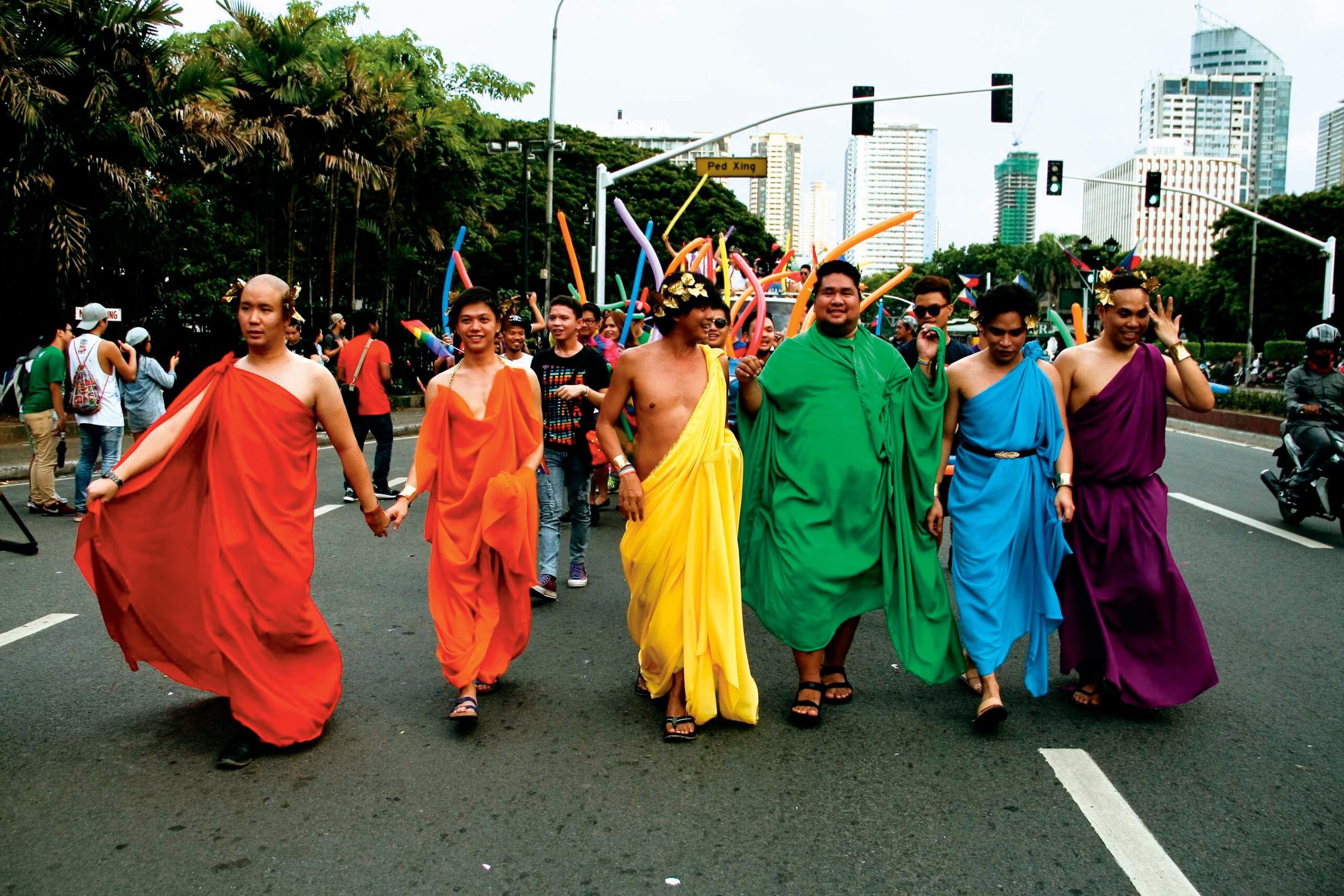







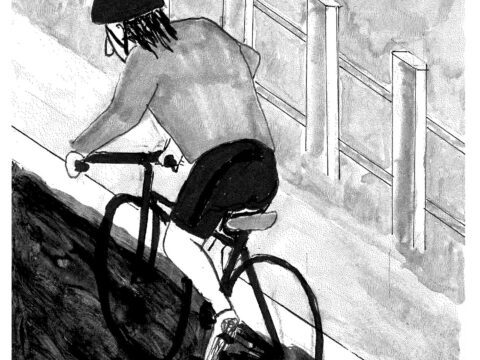
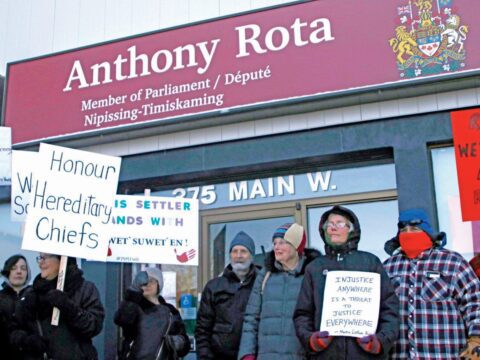
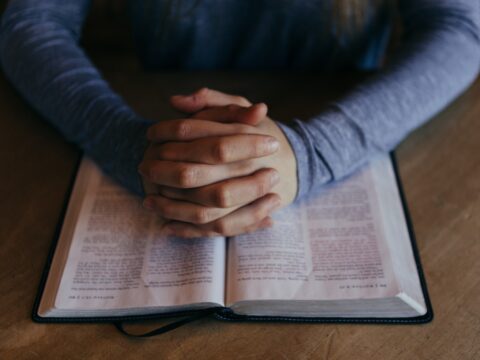
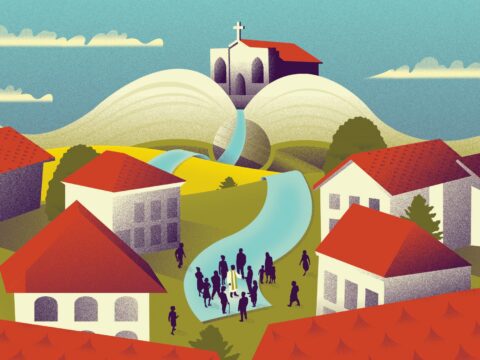
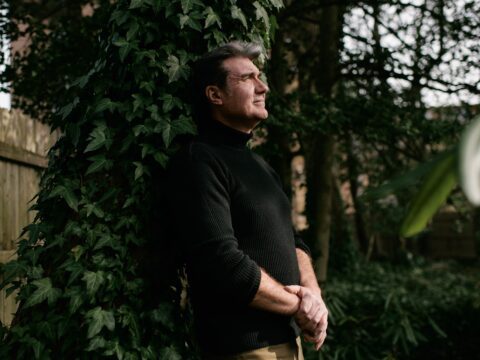
Out on a limb here…
First “Christian colonialism” is not the “West”. The “West” practiced homosexuality long before Christianity was around.
Homosexuality was practiced in paganism and the occult, thus the Jewish Scriptures forbade the practice. Christianity also followed as they had to contend with paganism and occult practiced in the “known world” at that time.
To suggest that homosexuality was practiced by other faiths, and therefore acceptable is nonsense. Should we also practice cannibalism? There were quite a few religions that practiced that as well.
What is amiss is that homosexuality within the Abrahamic faiths was condemned. Those outside the faith were considered pagans. (Unfortunately zealous congregants in all three faiths have taken it upon themselves to fulfill God’s work condemning those outside their faith).
Although I have no preference towards homosexuality, I perceive the practice (not by all) wanting to be “equal” has forced the agenda to be repressive against those who do not see it as a viable “lifestyle”.
Let us not forget, the British Empire was built on moral reasoning. That reasoning may not have always been clear, but it certainly has lost its original intent.
Sara. Correct me if I am wrong but Is not Brunei ( the example of barbarism you use to move into your critique of the history of “western Christian colonialism”), a majority Islamic country that follows sharia law?
It doesn’t seem to matter much what the Abrahamic faiths condemn in their man written books as all belief is man made. It seems that homosexuality in humans is about 10% of those born. This preference for the same sex also is seen in the animal population. It is a biological phenomenon.
Delighted though that the East has one up on the West!
Umm. Its closer to 2 percent not 10. Not sure where you get 10. That statistic did originate from Alfred Kinsey ‘s research. It was later exposed as fraud.
Before 1871 India was no LGBT paradise. Homosexuality was proscribed by the so called Zina-code which had operated for centuries. For Muslim men – it meant death by stoning. For non Muslims at least whipping, but often death. It may sound odd but the 1871 was actually an improvement for gay rights. But hey – why let legal facts and law get in the way of a #woke narrative, right?